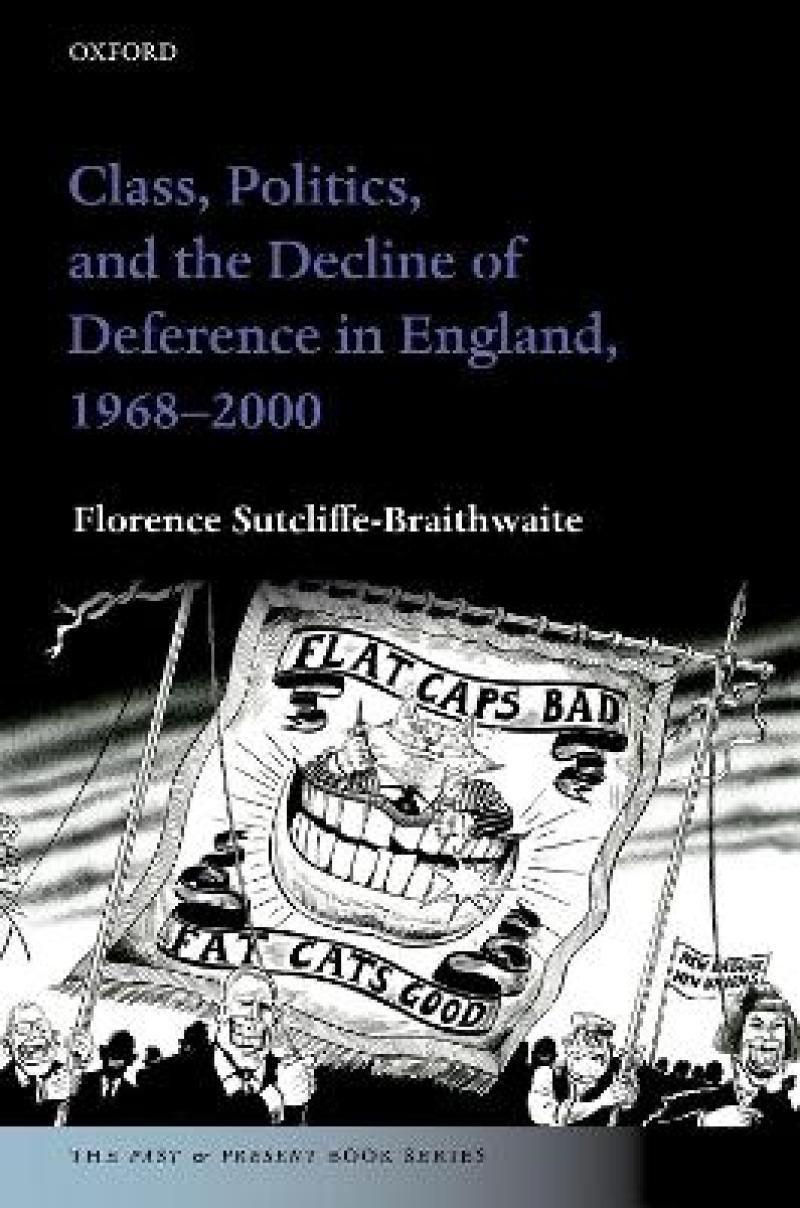[T]his very interesting study attempts to answer the questions, Why Thatcher? Why Blair? That is, how and why did the traditional class and political alignments of Labour and Conservative voters fracture and realign themselves during the last third of the twentieth century? To analyze these fundamental shifts in political attitudes and class identifications, Sutcliffe-Braithwaite revisits previous sociological studies, oral histories, mass observation records, and related materials to reconstruct how popular languages of class and society changed during this period. Summing Up: Recommended.
J. A. Jaffe, University of Wisconsin Law School , CHOICE
The result is not only a major contribution to understandings of class, popular identity and political change in the last third of Britain's twentieth century, but also a model of the virtues of qualitative analysis for sociology and politics, no less than for history ... Class, Politics, and the Decline of Deference in England successfully shows that class became obscured as a category of popular identification during the late twentieth century; draws upon those findings to reframe the political successes of Thatcherism and New Labour; and -- most ambitiously -- offers a compelling explanation of the complex relationship between social experience, popular perception and political change.
Guy Ortolano, Journal of Contemporary History
